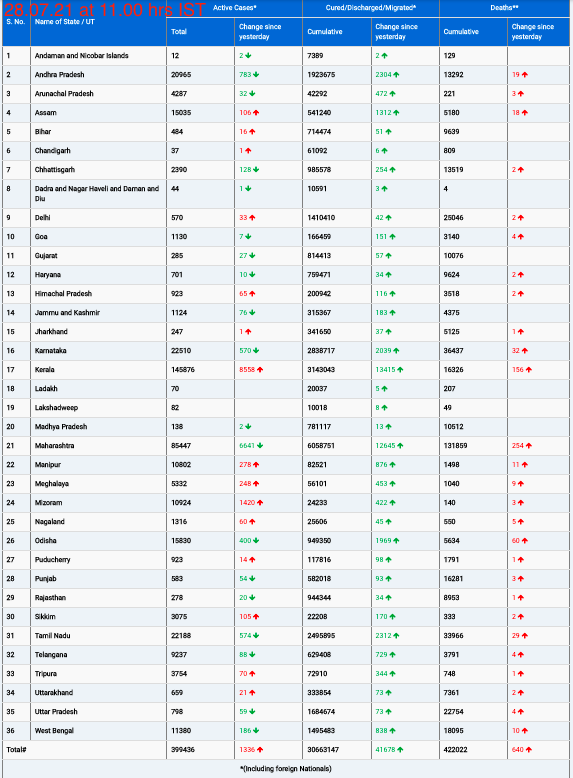Researchers at Huntsman Cancer Institute at the University of Utah (the U) have uncovered a surprising trend in families with male infertility: an elevated risk of certain cancers. This groundbreaking discovery may revolutionize cancer risk assessments, paving the way for more personalized prevention strategies.
Male infertility affects approximately 9% of men of reproductive age, according to the National Institutes of Health. Dr. Joemy Ramsay, lead investigator of the study and researcher at Huntsman Cancer Institute, notes that men experiencing infertility often face a range of health issues, including cardiovascular disease, autoimmune conditions, and cancer.
“We wanted to investigate whether family members of men with infertility also faced heightened risks for these conditions,” explains Dr. Ramsay, who specializes in occupational and environmental exposure in public health.
Utilizing the vast Utah Population Database, renowned for its wealth of genetic and public health data, Dr. Ramsay and her team analyzed the health records of parents, siblings, children, and extended relatives of men diagnosed with infertility. By observing multiple cancer types simultaneously, the researchers developed an algorithm to identify characteristic patterns of multi-cancer risks within families.
“Both cancer and subfertility are complex phenomena,” says Dr. Ramsay. “Our approach allows us to identify family groups with similar risk profiles, facilitating a deeper understanding of why certain families may be predisposed to specific diseases.”
The study identified approximately 13 distinct patterns of multi-cancer risks among families with male infertility, shedding light on potential shared genetic, environmental, and lifestyle factors. These findings may prompt individuals from affected families to engage in discussions with their healthcare providers regarding their cancer risk.
“While the exact link between male infertility and cancer risk warrants further investigation, it is crucial for families to be aware of these potential associations and advocate for personalized medical guidance,” emphasizes Dr. Ramsay.
Further research is necessary to elucidate the underlying mechanisms linking male infertility to cancer risk. Understanding these factors could lead to more tailored approaches to cancer treatment, screening, and prevention.
Huntsman Cancer Institute remains at the forefront of cancer research and patient education. For more information on genetic testing and cancer prevention, individuals are encouraged to visit the Family Cancer Assessment Clinic.
This study received support from the National Institutes of Health/National Cancer Institute and the Huntsman Cancer Foundation, demonstrating the collaborative effort to advance cancer research and care.












